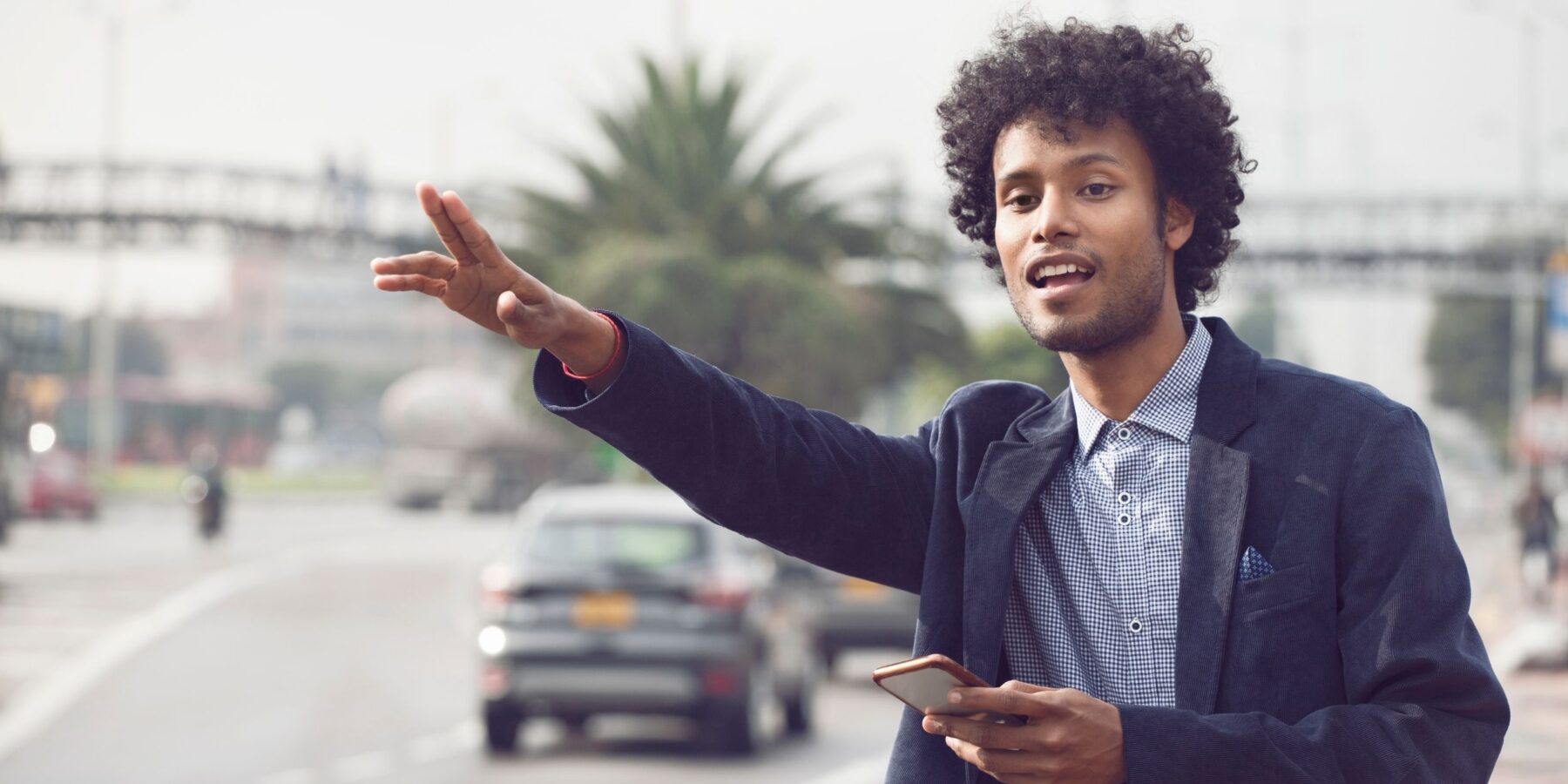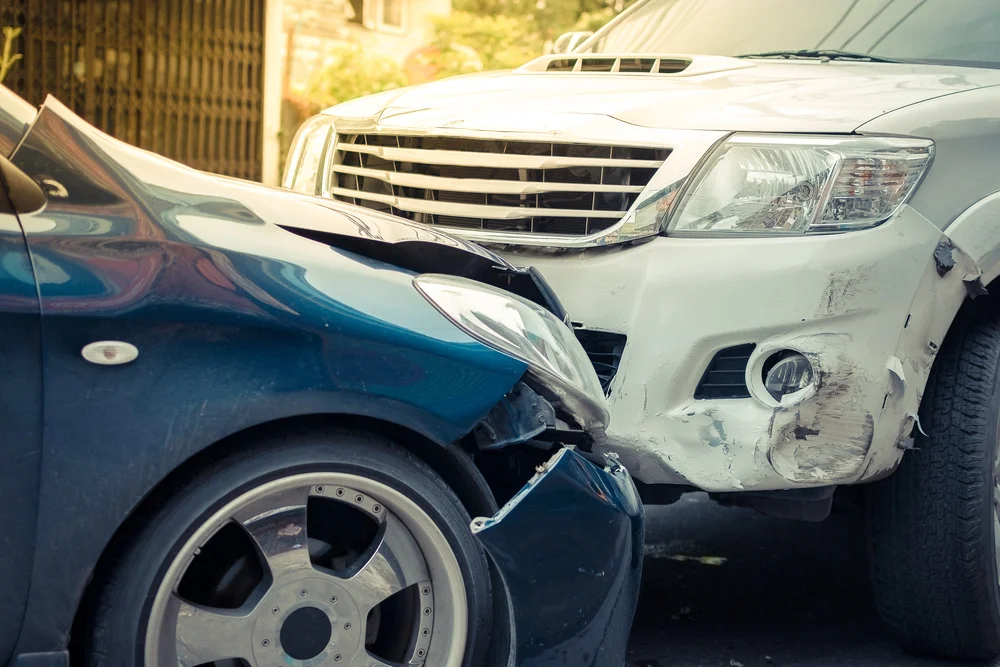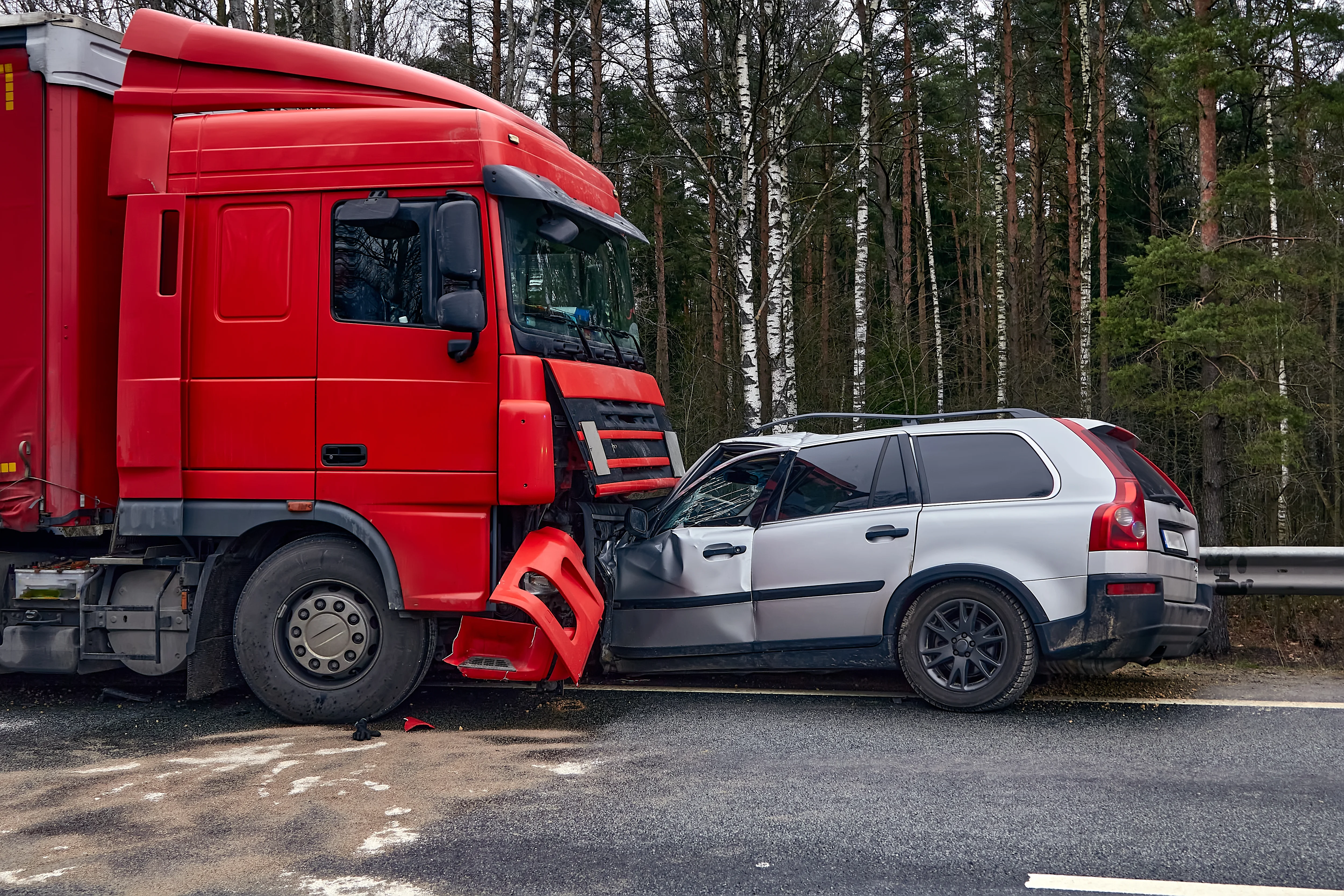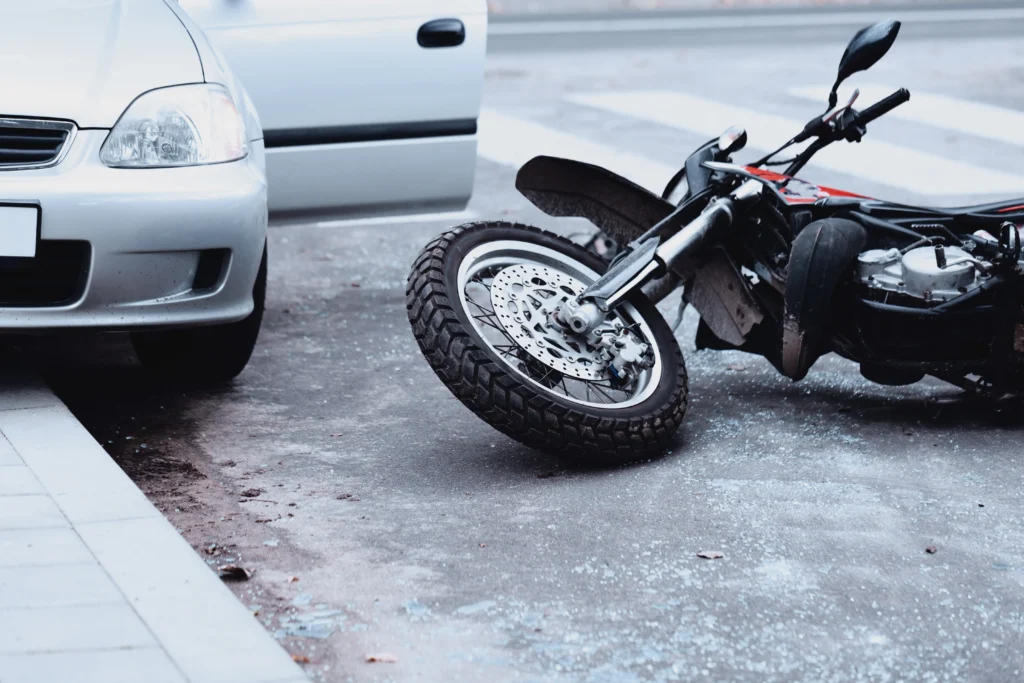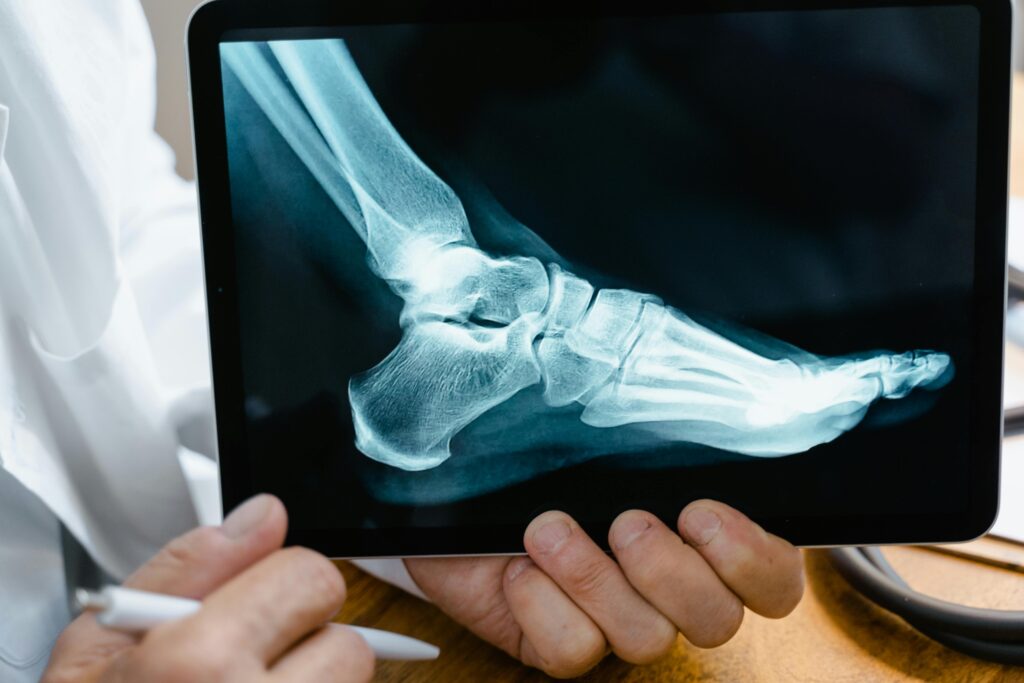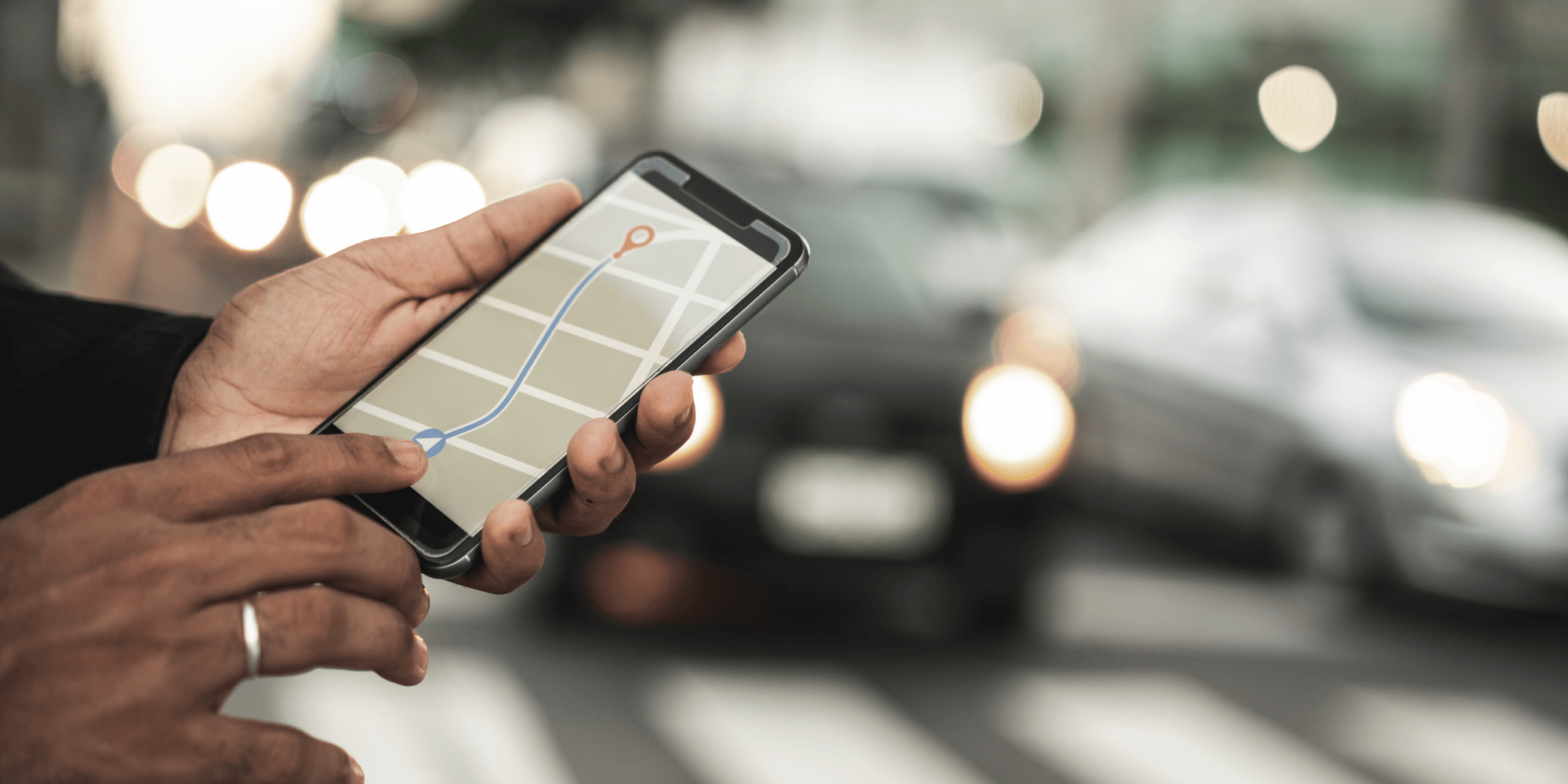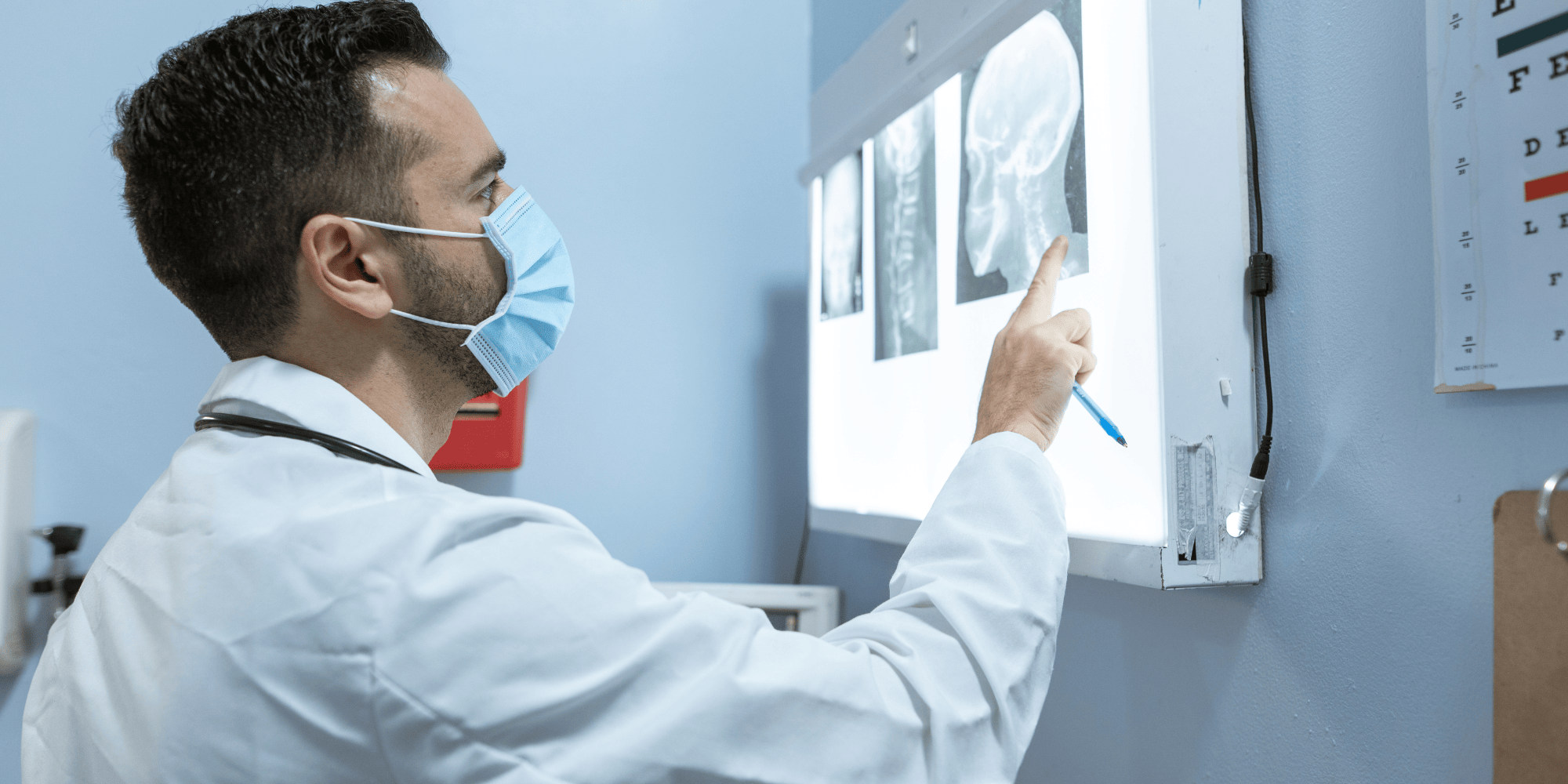What to Know About Rideshare Accidents in Colorado Springs
Colorado Springs has seen a sharp rise in rideshare usage over the last decade, with services like Uber and Lyft now deeply embedded in the city’s transportation network. Whether residents rely on these platforms to avoid parking downtown or visitors use them to navigate between tourist destinations and hotels, rideshare vehicles are everywhere. Unfortunately, this increased presence has led to a noticeable uptick in rideshare-related accidents, many of them causing serious injuries and complicated legal fallout for those involved.
What sets rideshare crashes apart from ordinary car accidents is the legal complexity that follows. Unlike traditional collisions, rideshare accidents may involve overlapping layers of insurance coverage, confusing liability issues, and corporations that work hard to shield themselves from accountability. Passengers, pedestrians, other drivers, and even rideshare drivers themselves are often unsure who to hold responsible or how to get their medical bills paid after a serious crash.
At the Law Office of Jordan S. Levine, we understand how stressful and overwhelming it can be to deal with a rideshare accident. Our legal team helps victims throughout Colorado Springs cut through the confusion, understand their rights, and pursue the full compensation they deserve. Whether you were injured as a rideshare passenger, a pedestrian, a cyclist, or another motorist, we can help you hold the right parties accountable.
If you or someone you love has been hurt in a Colorado Springs rideshare accident, don’t wait to get legal help. Call us today at (303) 835-4910 or contact us online through our secure contact form. Your consultation is free, and you won’t pay anything unless we win your case.
How Rideshare Accidents Happen in Colorado Springs
Rideshare accidents in Colorado Springs happen for a variety of reasons, but many stem from preventable driver behaviors and system-wide design flaws. Unlike commercial trucking companies or public transit systems, rideshare companies like Uber and Lyft operate with limited oversight, relying on independent contractors who often lack formal training or experience. These drivers use their vehicles, follow flexible schedules, and rely heavily on mobile apps, creating a set of conditions that make rideshare collisions increasingly likely on Colorado’s busy urban roads.
Major arteries like I-25, Academy Boulevard, Powers Boulevard, and Constitution Avenue are already high-risk zones for traffic collisions. When you add in drivers multitasking with GPS apps, making erratic stops for pickups, or speeding to meet performance goals, the danger becomes even more pronounced. Whether the crash occurs downtown near Tejon Street or in a residential area near North Carefree Circle, many rideshare collisions in Colorado Springs share common risk factors that point to negligence.
Understanding how these crashes happen is essential to identifying fault, preserving evidence, and holding the right parties accountable.
App-Based Distraction Is Built Into the Rideshare Model
Rideshare drivers depend on their phones to accept ride requests, locate passengers, and navigate across Colorado Springs. This system demands constant interaction with mobile devices even while vehicles are in motion.
Mobile Device Use Behind the Wheel
Drivers using the Uber or Lyft apps receive pop-up notifications, audible alerts, and navigation instructions throughout each trip. These prompts often require quick responses that take eyes off the road and hands off the wheel. A driver responding to a new ride request while navigating a left turn at Woodmen Road and Union Boulevard may not notice a pedestrian crossing or a vehicle braking ahead until it’s too late.
According to the National Highway Traffic Safety Administration (NHTSA), distracted driving killed 3,308 people in 2022 alone. Texting, scrolling, and app interactions all qualify as visual-manual distractions, and the rideshare system encourages them during active trips.
GPS Dependency and Navigation Errors
In a city as geographically diverse as Colorado Springs, rideshare drivers often rely on apps like Google Maps or Waze to chart their course. But these platforms don’t always account for construction zones, mountain terrain, or sudden weather conditions. Navigation errors are common, and many crashes involve drivers making abrupt U-turns, unsafe merges, or illegal stops based on confusing app instructions.
The Federal Communications Commission (FCC) warns against overreliance on digital navigation systems, especially when used without hands-free technology or voice commands.
Dangerous Pickups and Drop-Offs Disrupt Traffic Flow
One of the most overlooked causes of rideshare accidents is how drivers choose to stop for passengers. Unlike taxis or buses with designated stops, rideshare vehicles often pull over wherever the app tells them to, including high-speed lanes, intersections, and driveways without pull-offs.
Abrupt Stops in Active Lanes
Colorado Springs roads like Garden of the Gods Road and North Nevada Avenue frequently see rideshare vehicles stopping in live traffic to pick up or drop off passengers. These abrupt stops confuse other drivers, block visibility, and increase the risk of rear-end and side-impact crashes.
In areas with limited curb space, such as downtown near Colorado College or Old Colorado City, rideshare drivers often block bike lanes or make illegal stops at red lights, placing pedestrians and cyclists in immediate danger.
Hazardous Entry and Exit Behavior
Passengers are also at risk during rideshare trips, especially when exiting vehicles into traffic. Opening a door into an oncoming cyclist, stepping into an unmarked crosswalk, or trying to navigate dark or icy sidewalks can all lead to serious injury. The League of American Bicyclists notes that “dooring” incidents involving passengers exiting rideshare vehicles have sharply increased in urban areas across the U.S.
Cities like Denver and New York have adopted designated rideshare loading zones to reduce this risk. As of now, Colorado Springs has no standardized infrastructure for safe rideshare stops, which continues to fuel unsafe pickup and drop-off behavior.
Speeding and Pressure to Complete More Trips
Uber and Lyft drivers are compensated per trip, not per hour, which creates financial pressure to maximize the number of rides completed. This model often incentivizes speeding, aggressive lane changes, and cutting corners on safety to save time.
Incentives and Surge Pricing Risks
Drivers are more likely to speed or ignore traffic signals during surge pricing periods, which occur during high-demand hours such as late evenings near bars, early morning airport runs, or large public events. This time-pressure mentality increases accident risk, particularly in pedestrian-heavy zones near the U.S. Olympic & Paralympic Training Center or the Broadmoor World Arena.
The Insurance Institute for Highway Safety (IIHS) reports that even small speed increases significantly raise the risk of severe injury or death. For example, a pedestrian hit at 35 mph is more than twice as likely to die as one hit at 25 mph.
Speeding in Congested Areas
Streets like Academy Boulevard and Fillmore Street are already congested, especially during peak hours. When a rideshare driver tries to cut through traffic by tailgating, weaving, or ignoring speed limits, it creates a volatile environment where collisions are almost inevitable. These behaviors often result in rear-end crashes, T-bone accidents, or high-speed sideswipes, particularly when drivers are trying to meet aggressive trip quotas.
Fatigue and Inexperience Amplify Risks
Rideshare drivers in Colorado are not subject to the same safety rules that regulate commercial truckers or bus operators. They can work for multiple platforms, drive late into the night, and rack up long hours with no enforced rest breaks. The result is a growing population of fatigued drivers behind the wheel, and tired drivers make dangerous decisions.
Drowsy Driving and Slow Reflexes
The Centers for Disease Control and Prevention (CDC) states that driving after 20 hours without sleep is equivalent to driving with a blood alcohol concentration of 0.08%. Fatigue impairs reaction time, reduces alertness, and increases the likelihood of missing traffic signals, pedestrians, or stopped vehicles.
Late-night rides near Fort Carson, Peterson Space Force Base, and other shift-oriented work zones are especially prone to fatigue-related accidents, as many drivers pick up rides after working full-time elsewhere.
Unfamiliarity With Colorado Springs Roads
Many Uber and Lyft drivers are part-time and not native to the area. They may be unfamiliar with local traffic patterns, one-way streets, or road conditions affected by Colorado’s rapid weather changes. Inexperienced drivers are more likely to miss road signs, misjudge speed limits, or make sudden last-minute turns, especially in complex intersections like Platte Avenue and Circle Drive.
Unlike commercial fleets, rideshare drivers receive no formal geographic or safety training. The burden of public safety falls entirely on individuals, many of whom are navigating high-pressure environments with minimal oversight.
Who Can Be Held Liable in a Colorado Springs Rideshare Accident
Determining who is legally responsible after a rideshare accident in Colorado Springs is rarely straightforward. Unlike traditional auto accidents, where liability typically falls on one or two parties, Uber and Lyft collisions often involve multiple layers of fault, overlapping insurance policies, and corporate shields that limit accountability. Victims, whether passengers, pedestrians, or other drivers, must navigate a legal maze to secure compensation, especially when the rideshare company denies direct liability.
At the Law Office of Jordan S. Levine, we uncover every potential source of liability. Whether it’s a negligent driver, an at-fault third party, or a municipality that failed to maintain safe road conditions, we hold each accountable and pursue the full damages our clients are owed.
The Rideshare Driver May Be Directly Liable
Many rideshare crashes stem from the rideshare driver’s own negligent or reckless behavior. These drivers are legally required to operate their vehicles with the same care as all other motorists on Colorado roads. When they fail to meet that standard, they may be personally liable for any injuries or damage they cause.
Violating Colorado Traffic Laws
Rideshare drivers who run red lights, speed through neighborhoods, fail to yield to pedestrians, or drive while distracted can be held directly responsible for the harm they cause. These violations often occur on high-traffic routes such as Austin Bluffs Parkway or Garden of the Gods Road. Under Colorado law, these actions breach the driver’s duty of care, creating grounds for a negligence claim.
Uber or Lyft May Provide Insurance Coverage
Even though Uber and Lyft label their drivers as independent contractors, both companies offer insurance policies that may apply depending on when the crash occurred. The amount and type of coverage available depend entirely on the driver’s status within the app at the time of the accident.
App On, No Ride Accepted
When a driver is logged into the Uber or Lyft platform but hasn’t accepted a ride, the companies provide limited liability coverage. This includes up to $50,000 per injured person, $100,000 per accident, and $25,000 for property damage. However, this coverage often acts as secondary, kicking in only if the driver’s insurance doesn’t apply.
En Route to a Passenger
Once a driver accepts a ride request and is en route to pick up the passenger, coverage increases. Uber and Lyft provide up to $1 million in third-party liability, which can be used to pay for medical expenses, property damage, and other losses caused during the trip. This period often includes busy pick-up zones like downtown Colorado Springs, where quick maneuvers and high demand increase crash risks.
Passenger On Board
When a rideshare passenger is in the vehicle, full corporate insurance coverage is in effect. This includes $1 million in liability and additional protection against uninsured or underinsured motorists. It also covers injured third parties like pedestrians, cyclists, or drivers of other vehicles. Uber’s insurance policy outlines this coverage in more detail.
Another Motorist May Be Responsible
Rideshare collisions don’t always result from the actions of the Uber or Lyft driver. Sometimes, another driver causes the crash by speeding, texting, failing to yield, or driving under the influence.
Filing a Claim Against the At-Fault Driver
In these situations, victims may file a personal injury claim against the negligent driver’s insurance policy. If that driver is uninsured or lacks enough coverage, Uber or Lyft’s underinsured motorist (UIM) protection may step in, but only if the rideshare trip was active. Navigating the interaction between third-party liability and corporate coverage often requires a legal team with experience in multi-policy disputes.
Passengers Can Bring Separate Claims
If you were a passenger in an Uber or Lyft vehicle during the crash, you likely bear no fault and may be entitled to full compensation. However, filing a successful claim requires navigating insurance paperwork, proving medical injuries, and sometimes battling multiple insurers at once.
Passenger Claims Involve Multiple Insurance Layers
Depending on who caused the crash, you may have a claim against the rideshare driver, another driver, or both. You may also need to rely on Uber or Lyft’s uninsured motorist coverage if the at-fault party lacks insurance. These situations require detailed accident documentation, trip records, and medical proof to establish liability and secure compensation.
Government or Corporate Entities May Share Liability
Some rideshare crashes aren’t the result of any driver’s mistake. Dangerous road design, poor signage, defective traffic signals, or unsafe construction zones may be to blame. In such cases, a public agency or private contractor may bear legal responsibility.
Unsafe Road Conditions and Infrastructure Failures
When a crash occurs due to potholes, obscured signs, or broken traffic lights, the agency responsible for maintaining the road, often the City of Colorado Springs or the Colorado Department of Transportation, may be liable. These claims fall under the Colorado Governmental Immunity Act, which requires that notice be filed within 182 days of the injury. Proving fault in these cases involves obtaining maintenance records, safety audits, and expert analysis of the road design.
What to Do After a Rideshare Accident in Colorado Springs
The moments after a rideshare accident can be confusing, painful, and overwhelming, especially if you’re injured and unsure who is responsible. Whether you were a passenger in an Uber, a driver in another vehicle, or a pedestrian struck by a rideshare car, what you do next can dramatically impact your ability to recover medical expenses, lost income, and other damages.
Colorado law gives injured victims the right to pursue compensation, but insurance companies, including those representing Uber and Lyft, move quickly to limit their liability. They often record statements, deny fault, or offer early settlements that don’t reflect the full value of your injuries. Taking the right steps early helps protect your rights and strengthens your legal claim.
Call 911 and Report the Crash Immediately
The first and most important step after any accident is to call 911. You need emergency responders to document the scene and provide medical care if needed.
Law Enforcement Creates an Official Report
A police report is essential in rideshare cases because it creates a formal record of what happened, who was involved, and whether any traffic violations occurred. In Colorado Springs, the responding agency will typically be the Colorado Springs Police Department or Colorado State Patrol. You can request a copy of the report through the Colorado Springs Police Records Unit.
This report will become a key piece of evidence in your claim and may include driver statements, passenger information, weather conditions, and witness names.
Seek Immediate Medical Attention
Even if you don’t feel seriously hurt at the scene, get checked out by a medical professional the same day. Many injuries, especially whiplash, concussions, and soft tissue damage, take hours or days to appear.
Timely Medical Treatment Protects Your Health and Your Case
Insurance adjusters often argue that delays in care mean your injuries weren’t serious or were caused by something else. By getting medical attention right away, you not only protect your health, but you also create a clear record linking the crash to your injuries.
Colorado Springs is home to several emergency facilities, including UCHealth Memorial Hospital Central and Penrose Hospital. Make sure to request copies of all visit summaries, diagnoses, and imaging results for your legal team.
Gather Evidence If You Are Able
If your injuries don’t prevent you, or if someone is with you, collect as much evidence from the scene as possible. This includes physical evidence, photographs, and witness information.
Take Photos and Videos at the Scene
Use your phone to photograph the rideshare vehicle, other vehicles involved, license plates, visible injuries, debris, and road conditions. Try to capture wide-angle views of the intersection or roadway, as well as close-ups of damage. If the crash occurred in a poorly lit or poorly maintained area, document that as well.
Images and video can be crucial in proving fault and establishing the severity of the crash. If surveillance cameras are nearby, such as at gas stations, shopping centers, or ATMs, your attorney can request that footage be preserved.
Collect Witness Contact Information
If anyone saw the crash, ask for their name and phone number. Eyewitnesses often provide powerful third-party accounts that support your version of events. Their statements can help establish fault, especially if the rideshare driver denies wrongdoing or tries to shift blame.
Make note of any businesses nearby whose employees may have also witnessed the collision.
Do Not Talk to Insurance Adjusters Without Legal Counsel
Soon after the crash, you may get calls from insurance companies representing the rideshare driver, Uber, Lyft, or other motorists involved. They may ask for a recorded statement, medical records, or consent to access your health history.
Early Conversations Can Damage Your Claim
You are not legally required to speak to these adjusters without a lawyer present, and doing so can hurt your case. Insurers are trained to extract statements they can later use to deny or minimize your claim. They may also pressure you to accept a quick settlement that doesn’t cover your full medical costs or lost income.
The Colorado Division of Insurance recommends that accident victims consult an attorney before discussing any settlement or giving a recorded statement.
Track Your Medical Treatment and Expenses
From the moment you seek medical care, keep a detailed record of everything related to your treatment. This will serve as the foundation for your compensation claim.
Save All Bills, Prescriptions, and Insurance Statements
Document every cost from ambulance rides and ER visits to follow-up appointments, physical therapy, medications, and assistive devices. If you miss work due to your injuries, save pay stubs, employer letters, and disability forms that show how your income was affected.
Include transportation costs to appointments, as these are considered reimbursable damages in many claims.
Start a Personal Injury Journal
Recovering from a rideshare accident isn’t just about physical treatment, it’s also about tracking the long-term effects on your daily life. Keeping a journal can help you document the invisible aspects of your recovery.
Daily Notes Build a Record of Pain and Suffering
Write down how your injuries affect your sleep, mobility, mood, relationships, and ability to work or exercise. Note good days and bad days, setbacks, anxiety, or flashbacks related to the crash. This personal record can strengthen your claim for non-economic damages such as emotional distress, PTSD, or diminished quality of life.
The American Psychological Association acknowledges that accident victims may experience long-term psychological symptoms, which should be reflected in their injury claim.
Contact a Rideshare Accident Lawyer in Colorado Springs Immediately
Rideshare accidents require a different legal strategy than standard car crashes. Identifying the correct insurance policy, securing app usage data, and calculating damages across multiple liable parties demands an experienced legal team.
Fast Action Preserves Evidence and Maximizes Compensation
Waiting too long to contact a lawyer can mean losing access to key evidence, such as surveillance footage, GPS data, or trip records stored by Uber or Lyft. It may also result in missed legal deadlines. In Colorado, most personal injury claims must be filed within three years, but claims against government agencies may have deadlines as short as 182 days.
Get Legal Help After a Colorado Springs Rideshare Accident
You shouldn’t have to suffer because of someone else’s poor choices behind the wheel, especially when that person is a rideshare driver working under the banner of a billion-dollar corporation. After a Colorado Springs rideshare accident, you may be left facing painful injuries, mounting medical bills, time away from work, and aggressive insurance companies trying to pay you as little as possible. You deserve better.
At the Law Office of Jordan S. Levine, we stand with rideshare accident victims throughout Colorado Springs. Whether you were an Uber or Lyft passenger, another driver, a pedestrian, or a cyclist, our team will fight to hold the responsible parties accountable and pursue the maximum compensation you’re entitled to under Colorado law. We know how to uncover hidden insurance coverage, prove fault, and push back against companies that try to deny their responsibility.
Call us today at (303) 835-4910 or reach out online through our secure contact form to schedule your free case review. Let us help you take the first step toward justice and financial recovery after your Colorado Springs rideshare accident.
Practice Areas
Trust Levine LawWith Your Personal Injury Claim
If you or a loved one have been injured, Levine Law will fight for you every step of the way. We will give our all to secure the compensation you rightfully deserve.
Contact usfor a free consultation.
Phone: (303) 951-4810
